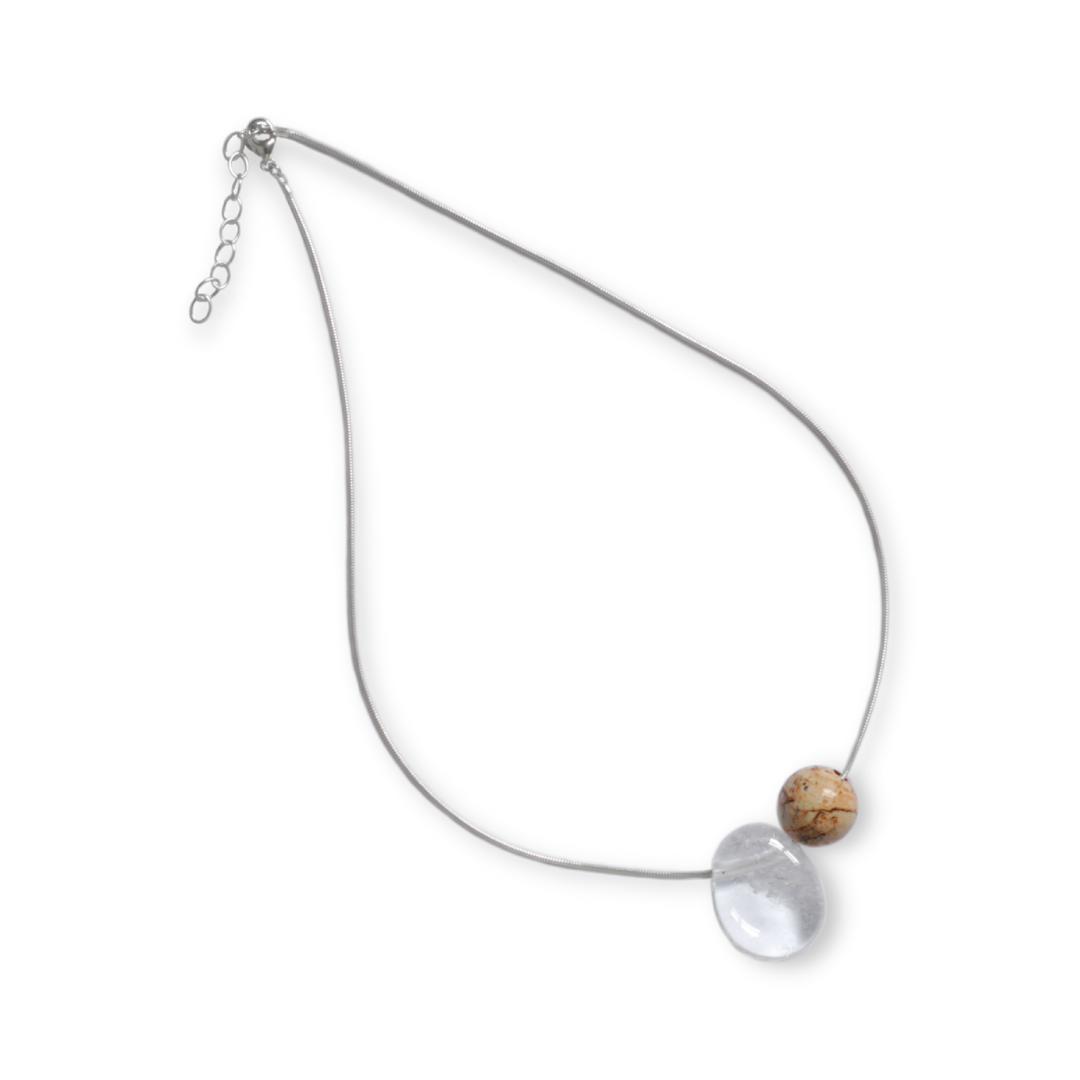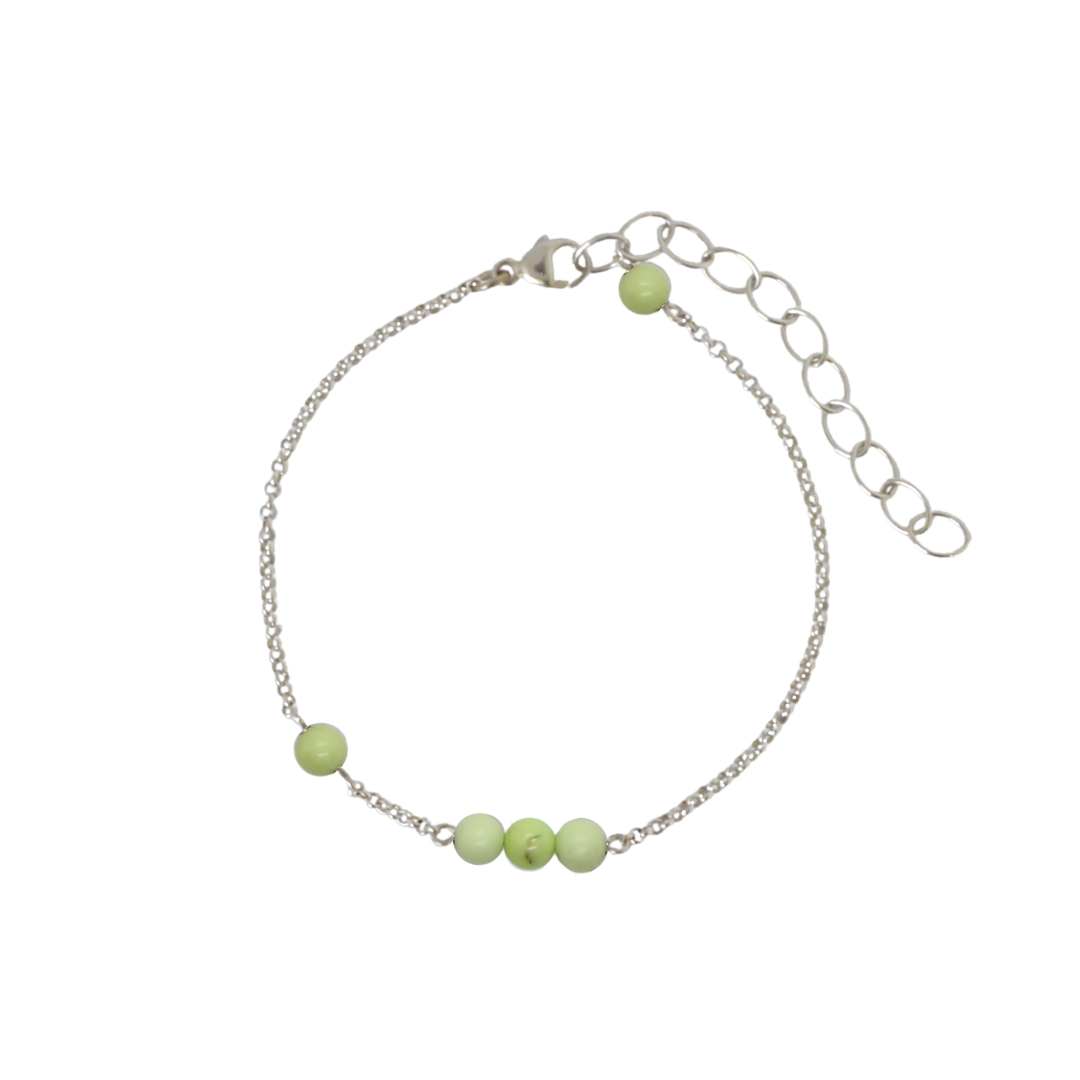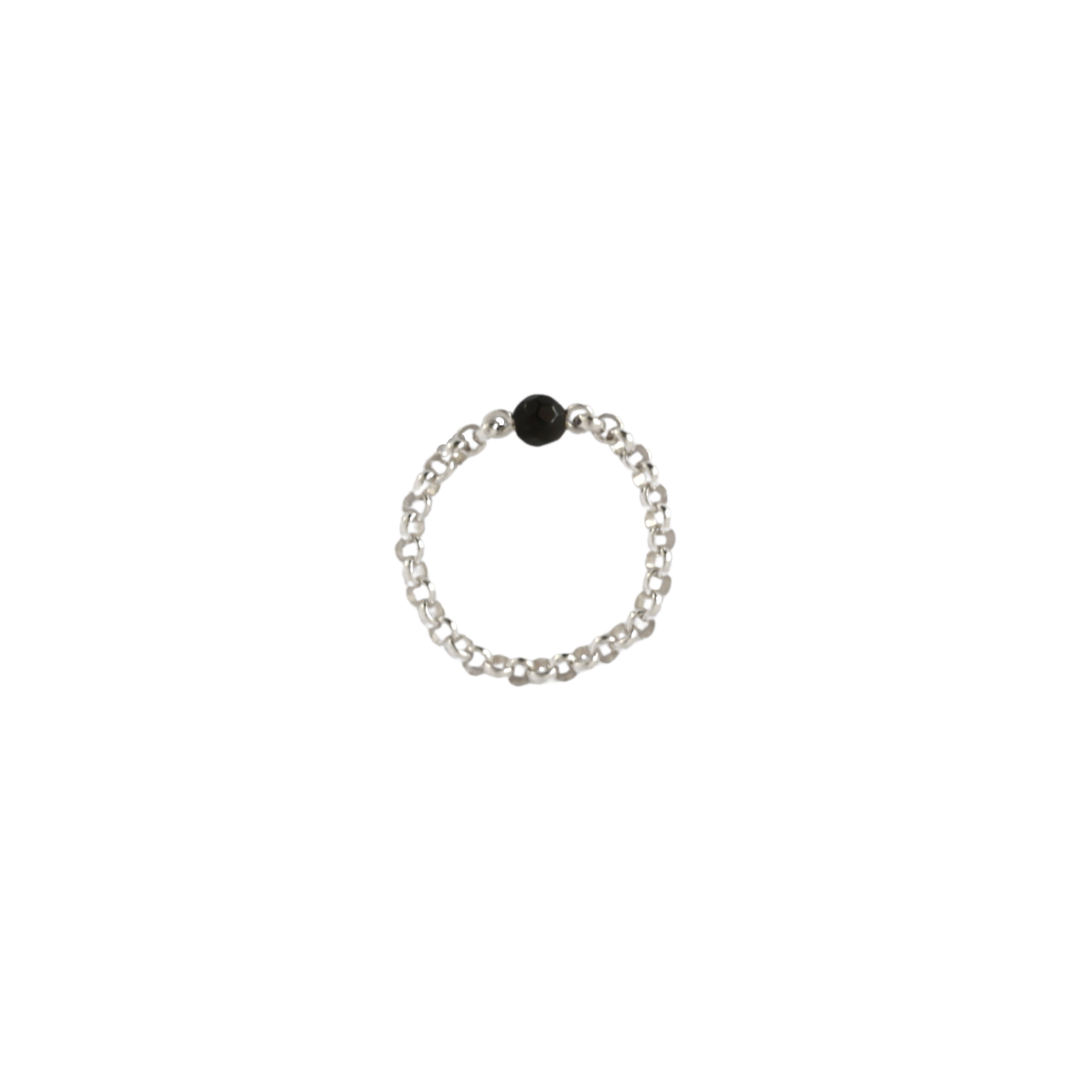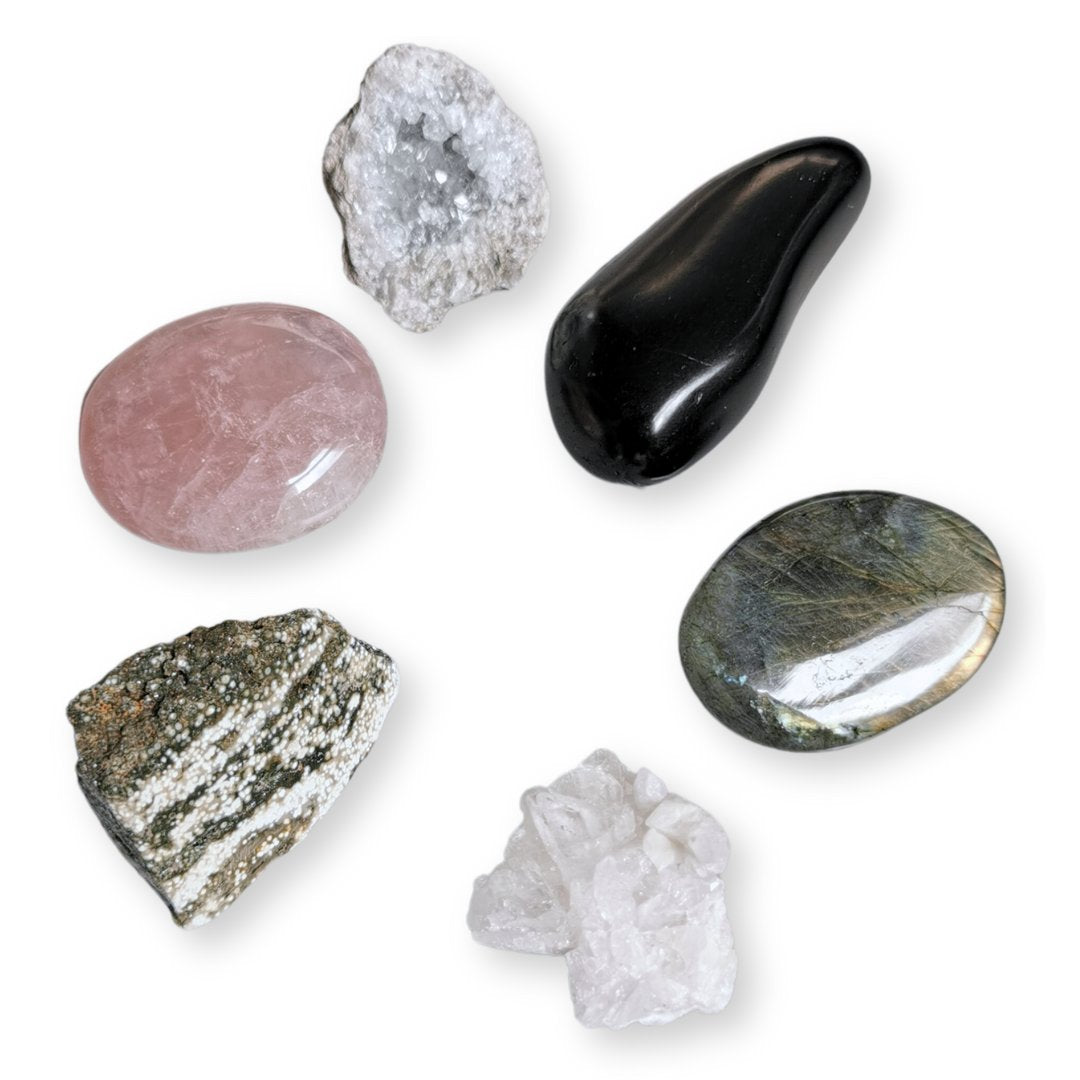Today is World Mental Health Day. In support of this, I'd like do my part to help destigmatise mental health and encourage an environment for open conversations and support.
Taking care of our mental health is just as vital as caring for our physical health - good mental health helps us better navigate life's challenges, build resilience and enjoy life. It is 100% okay to not be okay all the time. Asking for help at those times is what I would define as true strength.
In the 24/7 switched on world we live in, the stresses and struggles can take their toll out on any one of us. Whether they are ones deemed "little", an accumulation of these "little" ones building into a huge one or a single monumental life changing event, they're all important. We all have different abilities and resources to be able to handle and work through them, there shouldn't be judgement to what is deemed important or "big" enough to warrant support. It's also ideal to seek support or help before the struggle gets too overwhelming.
In the spirit of the day, I'd like to share a very personal "chapter" of my story that shook me to the core. Actually, the journey it propelled me onto, eventually led me here to Tyynikki.
In 2019, my world shattered when I lost my 53 year old mother to complications following a severe influenza. Amidst this shocking loss, my sister and I found ourselves grappling with the challenges of piecing our lives back together, while finding and tying up the loose ends that were left behind by someone passing away far before their time. A task made even more complex as neither of us lived in our home country, Finland, anymore.
Around Valentine's Day 2019, my mother checked herself into the hospital as she was experiencing some respiratory issues and as an asthmatic, she knew to take this seriously. Her condition seemed to stabilise for a moment, but instead continued slowly deteriorating. On the third day, her doctors urged us to fly from London to Finland as her situation became increasingly dire. My dear friends came to pick us up from the airport in the middle of the night and drove us to the hospital to see her. By the time we arrived to her bed's side she was already unconscious, under anaesthesia and connected to various life support machines. My grandmother and aunt were there with us and together we took turns holding her hand and speaking to her, right until the nurses encouraged us to go home and get some rest.
In the early hours of the following morning, we received the heart-wrenching call to come bid our final farewells. Despite the best efforts of the doctors and nurses, our mum was fading and there was nothing more that could be done. Holding her hands, we all wept as the machines were switched off and we watched her peacefully drift away in mere seconds.
Just writing these words now, even though time has passed, creates a lump in my throat and makes my eyes well up. Grief is strange like that. You go on living your life, working through it as it arises to the surface. This traumatic experience continues to shape my life and that process is ongoing. Grieving is a never concluding process, it never goes away but becomes a part of our narrative, ebbing and flowing, easing a little as time goes by but triggered by the most random little things sometimes.
In sharing this deeply personal story on World Mental Health Day, I hope to contribute to the broader conversation around destigmatising discussion on mental health struggles. Grief is often a silent internal battle but deserves a space for open dialogue. This pain is invisible to the naked eye but it is real. I want to make it okay to talk about the things that are hard to express, to help create a world where empathy and understanding thrive. You never know what someone is going through, so let's foster compassion and support.
I've put into steps below, some things that helped me grieve, in hopes it may do the same for you too.
1. Talk about it. Share your experience, share your loss, share what you're feeling with friends, with family or with a professional. When you're grieving a loss, simply talking can often work miracles. It did for me, talking about it until it became almost boring to repeatedly talk about the experience, really helped me process it.
2. Keep their memory alive. Share memories of the person you lost with friends and family, maybe even write some of them down to come back to when you miss them. Writing down the stories behind photographs of them might be a worthwhile little thing to do as well. The memories we have with the people we've lost, keep a part of their spirit alive with us in a meaningful way. When I walk past beautiful flowers in my neighbourhood, I often think to myself how my mother would have loved them and if I'm with someone, I might share this with them too. The image above of the beautiful gate surrounded by flowers was taken on the last trip I had with my mother in Croatia, we admired these flowers together.
3. Feel the emotions. Let the emotions come and feel them when they do. In the first week of losing my mother, I cried so much I had sores in the corners of my eyes. Crying it out is good and for me, those tears also felt cleansing. You are allowed to feel sadness, anger, guilt, relief, any emotion that may surface. There are so many feelings that surface when you lose someone.
4. Don't let grief consume you. This is one of my key steps. While allowing yourself to grieve is extremely important, so is being mindful to not allow yourself get consumed by it in the long run. The person you are grieving surely would have hoped for you to be happy and enjoy your life. Spend time in nature, move your body with a walk, swim or a workout, make time to see friends, do things you enjoy. Ensure you also have other things to focus on in your life, so the grief doesn't take over your whole life.
5. Gratitude. Find gratitude in all the wonderful, fun and sweet memories you did get to experience together. Cherish the time you did get to enjoy with them on this earth and feel gratitude in all the small things you taught and learned from each other.
I'd love to hear in the comments if you have any steps you found helpful when you were grieving a loss, maybe sharing yours can help someone else with their journey.
If you think a friend or loved one might be struggling, with grief or something else, call them, ask them out for a coffee or ask if you can come over for a shoulder to lean on and just be there when they need someone.
For additional support and help, I warmly recommend The New Normal Charity that you can find out more on here www.thenewnormalcharity.com.
Sending love to anyone working through a loss or anyone struggling in other ways <3
xxx
Mira
Founder of Tyynikki






